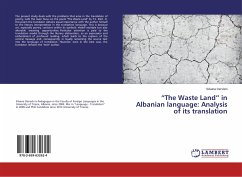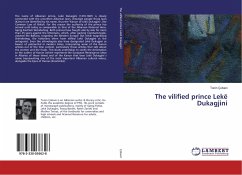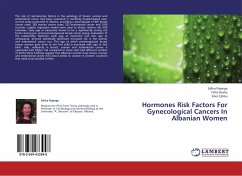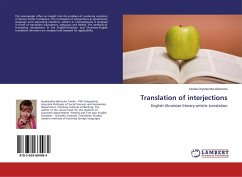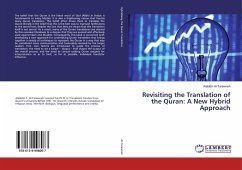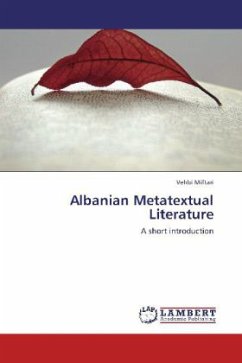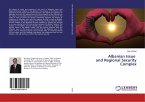The present study deals with the problems that arise in the translation of poetry, with the main focus on the poem "The Waste Land" by T.S. Eliot. In this poem the translator obtains equal importance with the author himself to the literary interpretation in the translation language. This is because art, especially poetry, contains within its symbolic model multiple but also alterable meaning opportunities. Particular attention is paid to the translation model through the literary elaboration, as an expression and embodiment of profound reading, which leads to the capture of the central message and, consequently, in loyally reclaiming the source text into the language of translation. However, even in the best case, the translator remains the "twin" author.
Bitte wählen Sie Ihr Anliegen aus.
Rechnungen
Retourenschein anfordern
Bestellstatus
Storno

